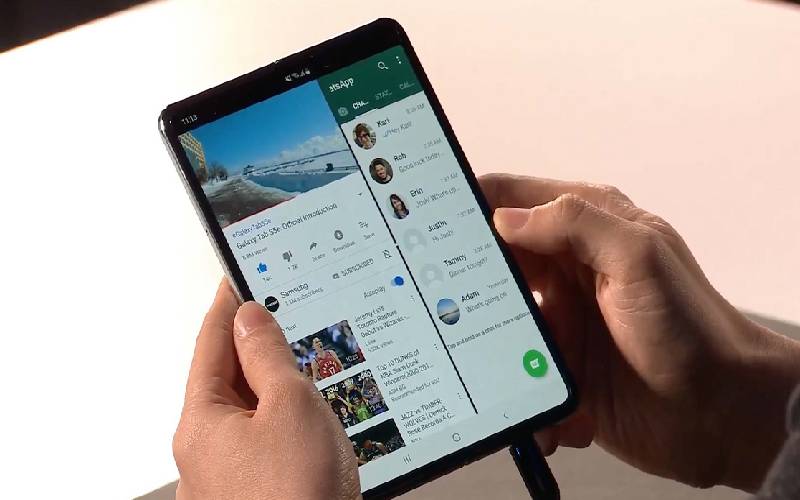×
The Standard e-Paper
Fearless, Trusted News

Huawei will delay the launch of its first foldable smartphone, the Mate X , saying it wants to test the device further.
The move comes after rival Samsung's foldable phone, the Galaxy Fold, suffered screen issues when being reviewed by early testers in April.